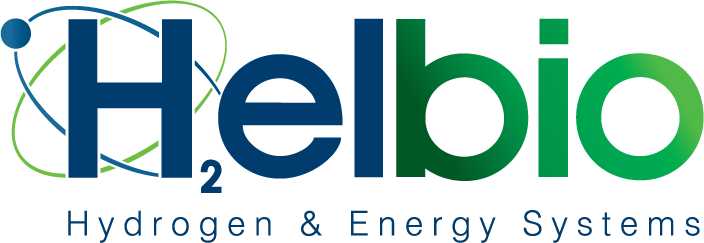On- or off- grid households and other buildings

On- or off- grid households and other buildings
Main benefits of using H2PS-5 include: energy savings due to high electrical and overall efficiency, reduced (or zero, depending on fuel) CO2 emissions, essential elimination of emissions of atmospheric pollutants such as NOx, SOx and particulates, and dramatically reduced noise and vibration level.
Telecommunication stations
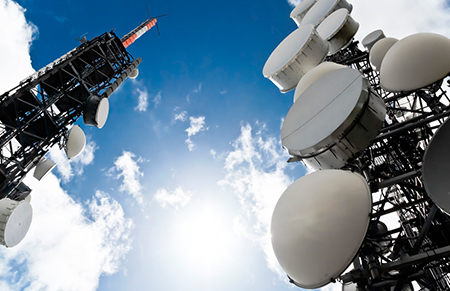
Telecommunications providers rely on backup power to maintain a constant power supply and to ensure the operability of cell towers. In telecommunication stations, H2PS-5 offer many advantages which include reliability, low maintenance costs, reduced frequency of refueling and reduced cost.

Sailing yachts and boats

Sailing yachts and boats
Boats longer than 10m need a supplementary power generator for power and/or heat production when docked or in the occasion of failure of the main engine. H2PS-5 offers the same attractive characteristics as in any other mobile application: reliable, economic, quiet, vibration free, and emission free operation.
Trucks and cambers
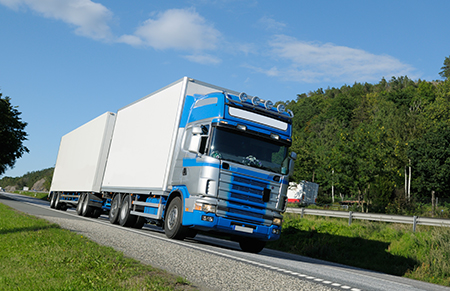
The market for Auxiliary Power Units (APU) for trucks represents an interesting potential opportunity for fuel cell power systems. Replacement of diesel engines with a H2PS-5 power system will result in significant fuel savings, drastically reduced emission of pollutants and significantly quieter operation.

Small size farms with biogas availability

Small size farms with biogas availability
Future and developing markets for H2PS-5 include small biogas producers in farms, food industries and food chains. In the biogas field, conventional technologies suffer from unreliable and interrupted operation due to the low heating value of the fuel, which is not an issue for H2PS-5.
Hydrogen refueling stations (HRS)
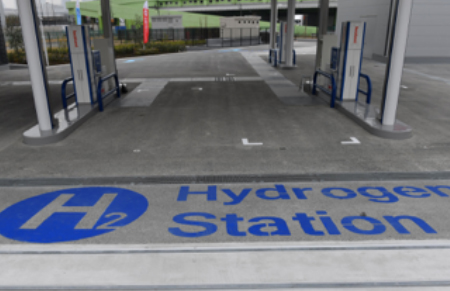
he hydrogen generation market is driven mainly by the increasing adoption of fuel cell vehicles worldwide. The mobility market is potentially one of the key sectors that may generate sustainable growth and demand for ‘green hydrogen’. Considering a 25% penetration of FCV by 2050, a total number of 2.300 hydrogen retail stations are already foreseen for 2025 with a capacity in the range of 400kg – 2,5-ton H2/day.
HELBIO Hydrogen generators are of high efficiency ideal for HRS applications.

Hydrogen use industrial applications
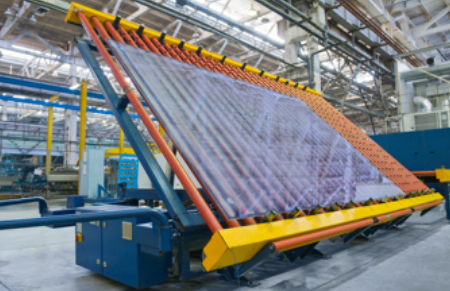
Hydrogen use industrial applications
Hydrogen is also used for applications in the metal production & fabrication, methanol production, food processing and electronics sectors.
Industrial production processes which require pure hydrogen supply in the range of 20- 300 Nm3/h, are:
- Oil and fat hydrogenation
- Electronics industry
- Steel industry and metallurgy (iron reduction, blanketing gas, forming gas)
- Glass industry
- Cooling of electrical generators
- Hydrogen injection to the Natural Gas grid.
- Hydrogen enrichment for internal combustion engines which improves efficiency and reduces emissions
- Hydrogen enrichment of fuel of piston gas generators such as biogas applications
- Power plants for power generation through Fuel Cell technology.
HELBIO Hydrogen Generators of 20-300 Nm3/h are the right solution for onsite H2 production.
